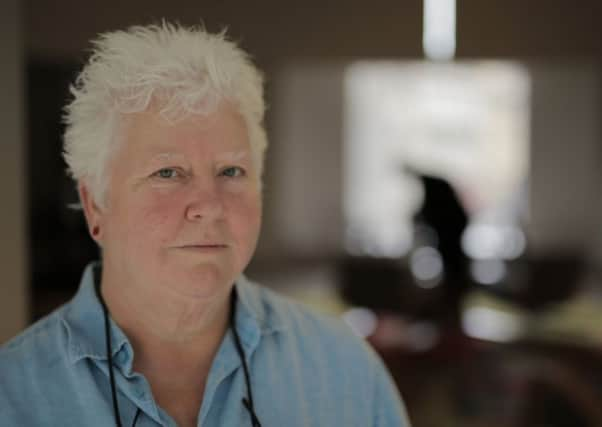Festival review: Aye Write!, various venues, Glasgow


Both writers looked at the subject of misperception from different angles – a neat fit of an event made neater by John Curtice’s nimble chairing. In The Intelligence Trap, Robson examined why even intelligent individuals can do the stupidest things. If we’re too overconfident about our expertise, intelligence can be counterproductive. Misdiagnosis by doctors kills more people than breast cancer.
Collectively we’re just as bad: that’s Duffy’s point in The Perils of Perception. He swamped his audience with examples of how we always overestimate how bad things are in the present (immigrant crime, teenage pregnancies etc) and how good they were in the past, and how we squeeze reality to fit our own prejudices (the way hardline Republicans play down gun deaths in the US) or assume that other people are like us (why many people found the Brexit referendum result such a shock).
Advertisement
Hide AdAdvertisement
Hide AdAll of these misperceptions determine policy and politics, and the confluence of artificial intelligence, video fakery, fake news and micro-targeting are only going to make things worse. So we do need to be wise. But how? A bit of intellectual humility helps, said Robson. We’ve got to search out arguments that go against our point of view. Above all, we must be open-minded.
So let’s look at a few other Aye Write! events through that prism. Val McDermid may be, as chair Philippa Cochrane observed, well on her way to “national treasure” status but she has still got enough intellectual humility to value the work of her editor. Not all writers do. And not all publishers do either, said McDermid. “Last year, when I was a Man Booker judge and we all read 171 novels, we all noticed there was a remarkable lack of editing in a lot of the books that came before us,” adding the one great lesson of her writing career: “If you find a good editor, stick with them”.
Misperceptions are, of course, a crime writer’s stock-in-trade, and McDermid’s ability to interweave plots and convey a credible sense of place are just two of the tools she uses to great effect.
Visiting New Zealand last year, Herald columnist Rosemary Goring came across a comprehensive history of the country’s women and noted how Scotland hadn’t got anything like it. That’s far too modest: her own book Scotland: Her Story is an expertly curated historical anthology that fills a huge part of that gap. If you haven’t read it, do: its stories are extraordinary in their range and (occasionally) rage.
My Glasgow day ended with Murray Pittock’s take on the Edinburgh Enlightenment. Surely here was a place where we would find wisdom? Maybe, but this is not Enlightenment Edinburgh as we’ve come to know it. At least in Pittock’s talk, David Hume (very unsound on slavery) hardly figures. The New Town? As soon as it is built, the city’s intellectual entropy is already under way. Thomas Aikenhead (the student executed for blasphemy in 1697, the case always used to show how benighted the city was before the Enlightenment got going)? Er, that was just a one-off.
What Pittock offers us instead is an Edinburgh Enlightenment that doesn’t look back to “dead white males” (his words, not mine) but forward to interconnected digitally “smart cities”: Edinburgh, he says, was an analogue precursor of these. Its population was diverse, more closely linked to Europe than we realise through (more Scots were educated at Leyden than at King’s College, Aberdeen). Immigrants were welcomed to work, and the concentration of merchants in the city was a lot higher than in central London. The Old Town encouraged social intermingling and new ways of doing business (limited licences for women traders) or partaking in culture (theatre season tickets, subscription libraries) were being developed. In all these interlinking details, more than anything else, enlightenment – and maybe wisdom – lay. I don’t know whether or not Pittock is right, but he is certainly going about debunking received wisdom with brio. - David Robinson